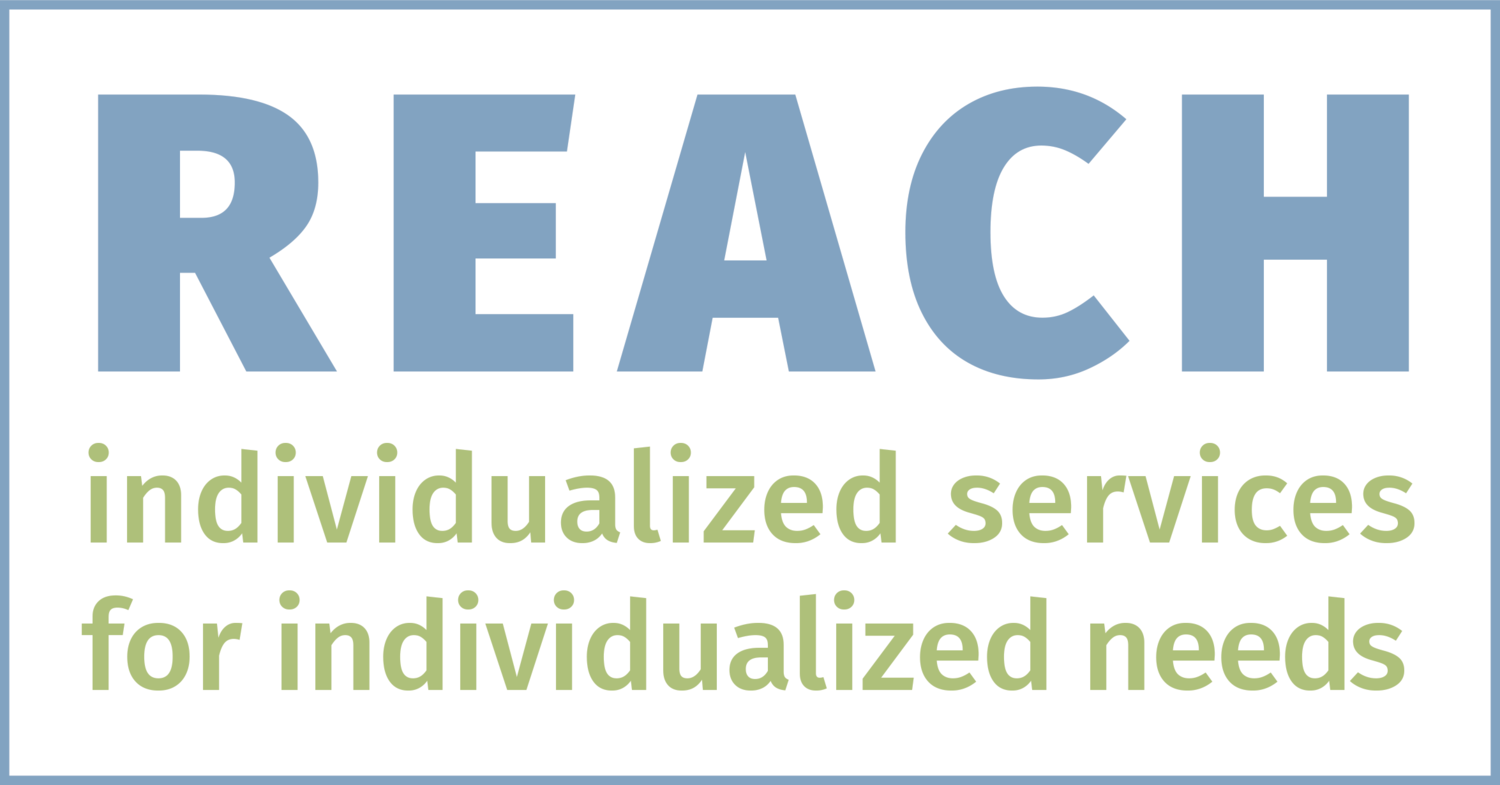Stop "Shoulding" On Yourself
How often have statements like these been heard in your household?
"I should be able to get this assignment done by the due date."
"I should be better at paying attention in class."
Or perhaps, from parent to child:
"You should be able to get this assignment done on time."
"You should pay better attention in class."
“You should make sure you have all your materials and your iPad charged before class. Why is this still happening?”
Are any of these statements similar to one’s you've found yourself (or your child) repeating?
ADHD is one of the most researched neurodevelopmental disorders. We know we have a lot of research on how it affects the brain, and what sorts of experiences it creates in someone's life. Yet, professionals don't always do a great job of explaining it to parents or kids.
ADHD is the difficulty in regulating or “directing” attention with intention. The ADHD brain can focus incredibly well when experiences are novel, of personal interest, or urgent. However, if something is boring or repetitive, it can be incredibly hard to concentrate. You know when you can’t see up close no matter how hard you squint, but you can see far away just perfectly…it’s kind of like that, but with less reliability.
ADHD isn't the most aptly-named disorder. It's really about difficulties with regulating dopamine, rather than a deficit in attention or constant feelings of hyper fixation or hyperactivity.
Dopamine is a neurotransmitter that is involved in feelings of pleasure/reward as well as the regulation of attention. Numerous studies have suggested that ADHD could be linked to dopamine dysfunction and lower dopamine levels overall. It’s tough for those with ADHD to “get motivated” simply because they don’t get the same feeling of a reward as they should from the so-called “pleasure center” of the brain.
ADHD isn't always outwardly apparent. It's not something you can "see." If you have ADHD, you know you are different, but you don't necessarily look different - so all too often, you feel like you shouldn't be different.
Therefore, it’s easy for us as parents and our kids themselves to should on ourselves.
The Shoulds
It's not a typo - and no, it's not a curse word, either! 😉
"Shoulding" is an experience that you're probably quite familiar with. It’s pretty easy to spot once you know what you’re listening for. When we should on ourselves or others, we are getting on ourselves for what we think we “should” be doing.
“I should fold the laundry so that it is put away before Monday.” That’s me shoulding on myself. My extension of that statement often goes something like…. “because if I did that, I would be a good, organized person.” What I’m implying here is that I’m a terrible lazy person if I don’t fold the laundry. It might sound dramatic when I type it out like that, but ask yourself….do you have a similar subtext to your shoulding? Many of us do - especially those with ADHD.
Because of this, and because the symptoms of ADHD aren't always outwardly apparent, it can create intense "shoulding," or a critical inner voice and poor self-esteem. In the case of a child trying to get started on work, some inner voices may sound like this:
“I should be able to focus on these math problems - everyone else can. I’m the worst. Stop being so lazy.”
“I should finish my English assignment. It's due tomorrow. I’m such an idiot for not being able to sit down and do this. I’m going to fail this paper, and then I am going to fail English.”
Instead of the Shoulds, Reframe to the Coulds
We can reframe shoulds into could. For some, it’s a helpful way to remove the judgment. Instead of beating myself up for the laundry, I could say something like:
“I could fold the laundry. I know it helps me have a good week. I’m also having a relaxing Sunday, what do I choose to do?”
The latter is, admittedly, more wordy, but it also removes judegment and invites intentional choice.
For our kids with ADHD, that judgment (both self-inflicted and provided by others) can feel incredibly intense. Again, because they don’t look different, their difference can be harder to feel real and accept. All too often, we focus on how to get our kids with ADHD to calm down or pay attention…the things we think they should do. In reality, we may want to empathize, invite intentional choice…then focus on the deeper need - how to activate the reward center of the brain for the activity at hand.
This could sound like:
“I’m noticing that it’s hard to charge your iPad at night. Have you noticed that too? I know charging it could make the next day easier, but that’s also a bit of a challenge. Can we figure out a routine that might help? I know you get frustrated when your iPad dies at school.”
“What if you got to choose (insert something of interest to your child here. I.e. a book or an activity) once the iPad is on the charger?” (increases choice and novelty - which increases dopamine)
Once this reward center is activated, it is easier for those harder tasks to be done. Consider rewards or payoffs that help increase urgency, create novelty or choice, or involve something of high-interest (note; interests change frequently, and that’s ok).
If there's no perception of a reward or payoff, it's going to be hard to stay focused on those boring, AKA non-dopamine producing tasks.
This week, if you notice yourself or your child shoulding, consider switching that should to a could, opening a conversation, and getting creative with ways to hack that dopamine.
